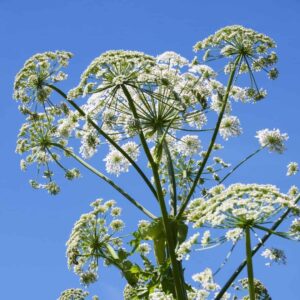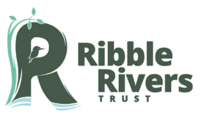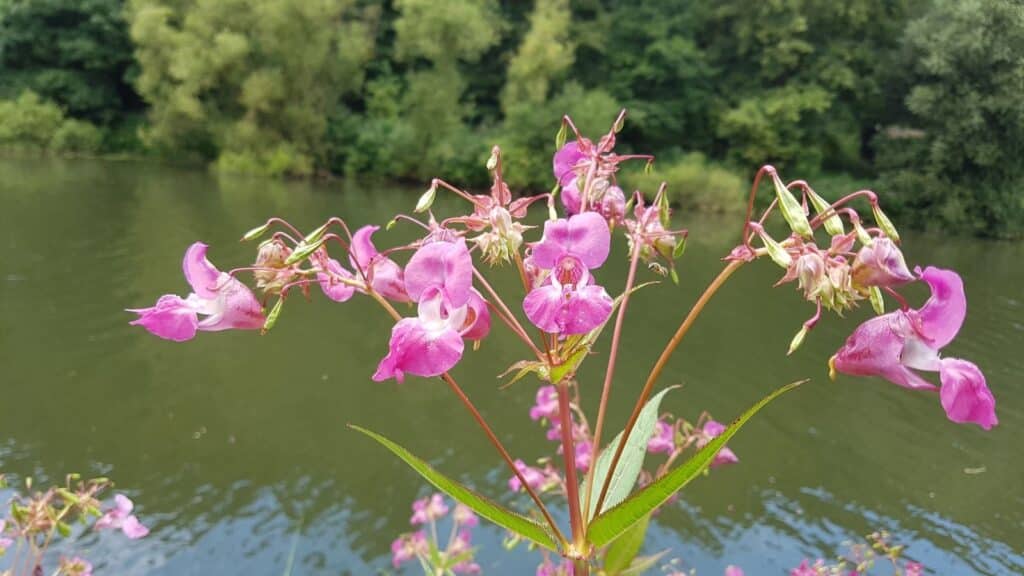Did you know that invasive non native species cost the UK economy around £1.8 billion a year?

However, the impact on wildlife and habitats is much more dramatic.
In the Ribble area the biggest invasive non-native pests are Himalayan balsam, giant hogweed, and Japanese knotweed. These invasive plants can spread pests and diseases, and they also complete for space, sunlight, water, and nutrients, taking these valuable resources away from native plants, which aren’t used to such fierce competition and rapidly growing colonisers. This in turn impacts our native bees, butterflies, and other vital insects who have less of the native species, which they rely on for food and habitats, available to them.
When combined with other pressures such as climate change and habitat loss this makes native species less resilient to the problems they face.
There is also the cost to our industries, with these plants interfering with our infrastructure, homes, roads, utilities, and even farmland. Some species are even harming our health, with thousands of people, and pets, receiving toxic chemical burns from giant hogweed, which can recur for years afterwards.
Everyone is affected by invasive non native species, and we all have a part to play in stopping their spread.
What actions can you take?
Check Clean Dry- check your equipment for invasive animal or plant species, leaving anything you do find on site. Clean your equipment thoroughly and with hot water if possible, paying attention to any hard-to-reach nooks and crannies. Dry everything completely before using it again, some aquatic invasives can love for over two weeks in damp conditions.
Know what you grow- choose non-invasive and, better still, native plants for your ponds and gardens.
Stop the spread- keep your plants, and your pets, in your gardens, ponds, fish tanks, and vivariums. Never plant them out or release them into the wild.
Compost with care- dispose of non-native plants and their seeds, flowers, and roots carefully.
Donate- donate today to help Ribble Rivers Trust put their expertise into action, and work to eradicate invasive non-native species.


